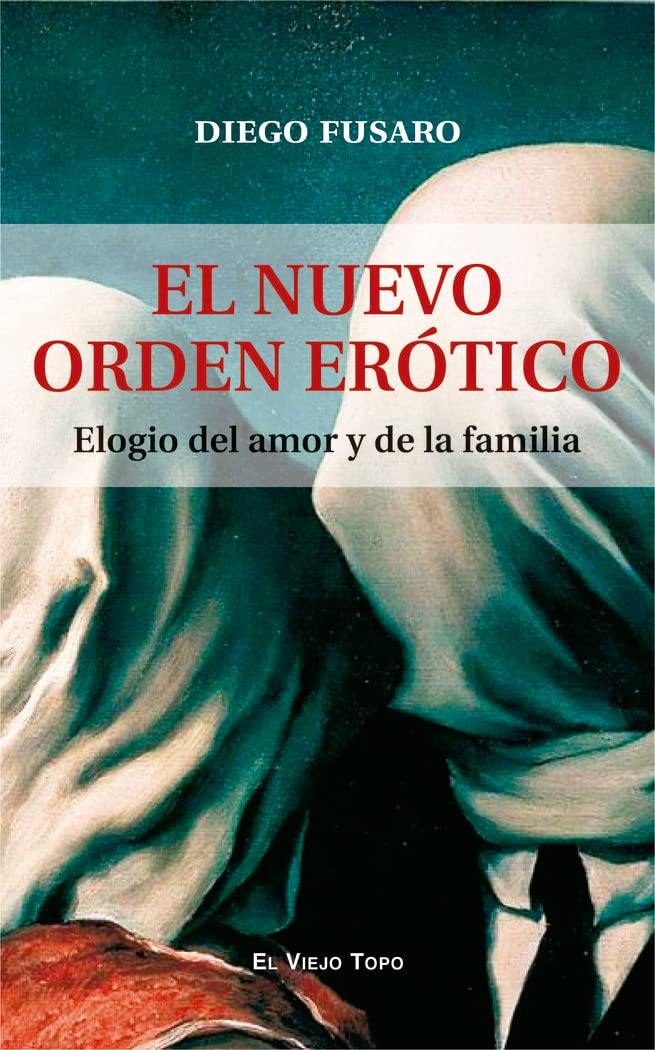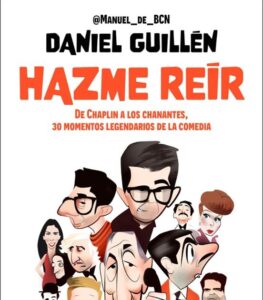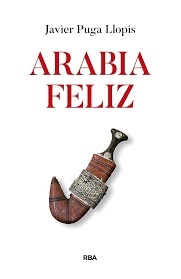
The new erotic order: In praise of love and family
by Diego Fusaro
There was a time when the grip of capital knew limits. It stopped at the factory doors: beyond, life unfolded in ways that did not allow themselves to be caged in the limited horizon of the logic of production and exchange of goods. But that time no longer exists. Today, the society based on the market economy has been replaced by the plain market society. The new order of the absolute free market system requires the liberalization not only of consumption, but also of customs; It requires precariousness even in love. Solid relationships, based on shared life projects and a vision of love as an eternal force, have gradually given way to consumerist forms of relationships: fleeting and uneventful encounters, occasional bonds as easy to establish as they are to break, virtualized sex and online relationships. line. We have gone from erotic and sentimental precariousness to the feminization of men, from the new postmodern feminism to the crisis of the family, from genderocracy to the triumph of the undifferentiated unisex, from “for life” to love instability and sentimental isolationism.
Diego Fusaro, born in Turin in 1983, is a professor of History of Philosophy at the Institute of Higher Strategic and Political Studies in Milan. Graduated in History of Philosophy in Turin and PhD in Philosophy of History from the Vita-Salute San Raffaele University of Milan, he has carried out research activities at the University of Bielefeld in Germany. He is an attentive student of the Philosophy of History and the structures of historical temporality, with special attention to the thought of Fichte, Hegel, Marx, Gentile and Gramsci, as well as the German History of Concepts. Among his most recent studies it is worth mentioning: Bentornato Marx! (Bompiani, 2009), Essere senza tempo (Bompiani, 2010), Minima mercatalia. Philosophy and capitalism (Bompiani, 2012), and The future is ours (Bompiani, 2014). With El Viejo Topo he has published Europe and capitalism (2015), Still Marx (2017), Philosophy and hope. Ernst Bloch and Karl Löwith, interpreters of Marx (2018), Marx and Greek atomism. The roots of historical materialism (2018), Marx Idealista (2020), and The Pharmacy of Epicurus (2021). He is the director of the website Philosophy ei suoi eroi and directs the philosophical collection “I Cento Talleri” from the Il Prato publishing house. He co-directs the collection «Biblioteca di Filosofia della Storia» of the Mimesis publishing house and the philosophical magazine «Koinè». He is an editorial writer for La Stampa and Il Fatto Quotidiano.
Source: https://algunoslibrosbuenos.com/el-nuevo-orden-erotico


